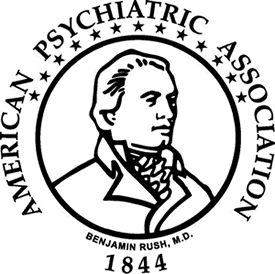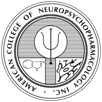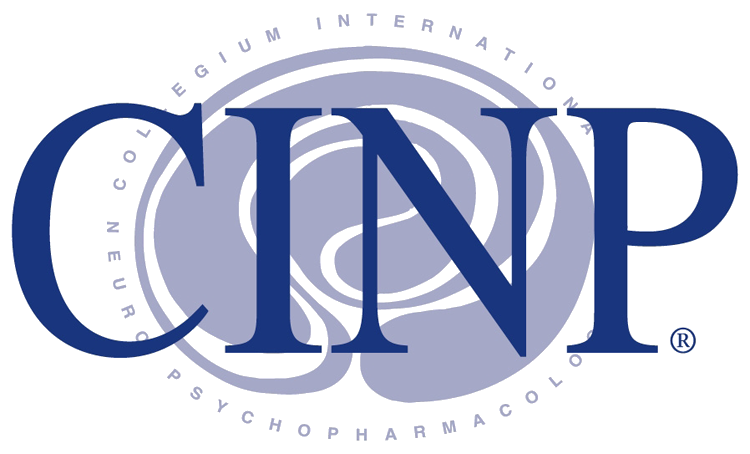POST TRAUMATIC STRESS DISORDER (PTSD)

What is Post Traumatic Stress Disorder?
PTSD is an anxiety disorder that may develop after a bad personal experience such as being exposed to one or more traumatic events. Different experiences such as sexual assault, serious injury, or the threat of death are all common causes of PTSD. These events usually are accompanied with symptoms such as recurring flashbacks, avoidance or block in memories of the event, nightmares and high levels of anxiety which continue for more than a month after the traumatic event. These groups of symptoms usually are the cause for PTSD.
Most people usually having undergone a traumatizing event will not develop PTSD. Women are more likely than men to experience these unfortunate events and more likely to develop PTSD. War veterans and victims of terrorist acts and bombings are commonly at risk to PTSD.
The 911 attacks on the World Trade Center have marked the highest amount of cases of PTSD which New York has seen in decades. An enormous amount of people that were affected from this occurrence as well as The War in Iraq, Boston Bombings, Shootings in Schools as well as victims of the Sandy Hurricane which hit New Jersey and the New York Metropolitan area has had a traumatic impact in there lives and has lead to PTSD. You are not alone.
PTSD Treatments
Treatments for PTSD usually include psychological and psychopharmacology interventions. Psychopharmacology and Psychotherapy are treatments available to help treat this illness and provides information to help individuals manage the trauma they have experienced. Managing and understanding the symptoms associated with post traumatic stress disorder and teaching the person ways to explore and modify inaccurate ways of thinking about the trauma are the most common techniques available in our office and key elements taught to help sustain a normal healthy life.
If you have experienced a traumatic event and need help please call you office to schedule a consultation at (212) 249-1600 with our highly experienced associates.
















